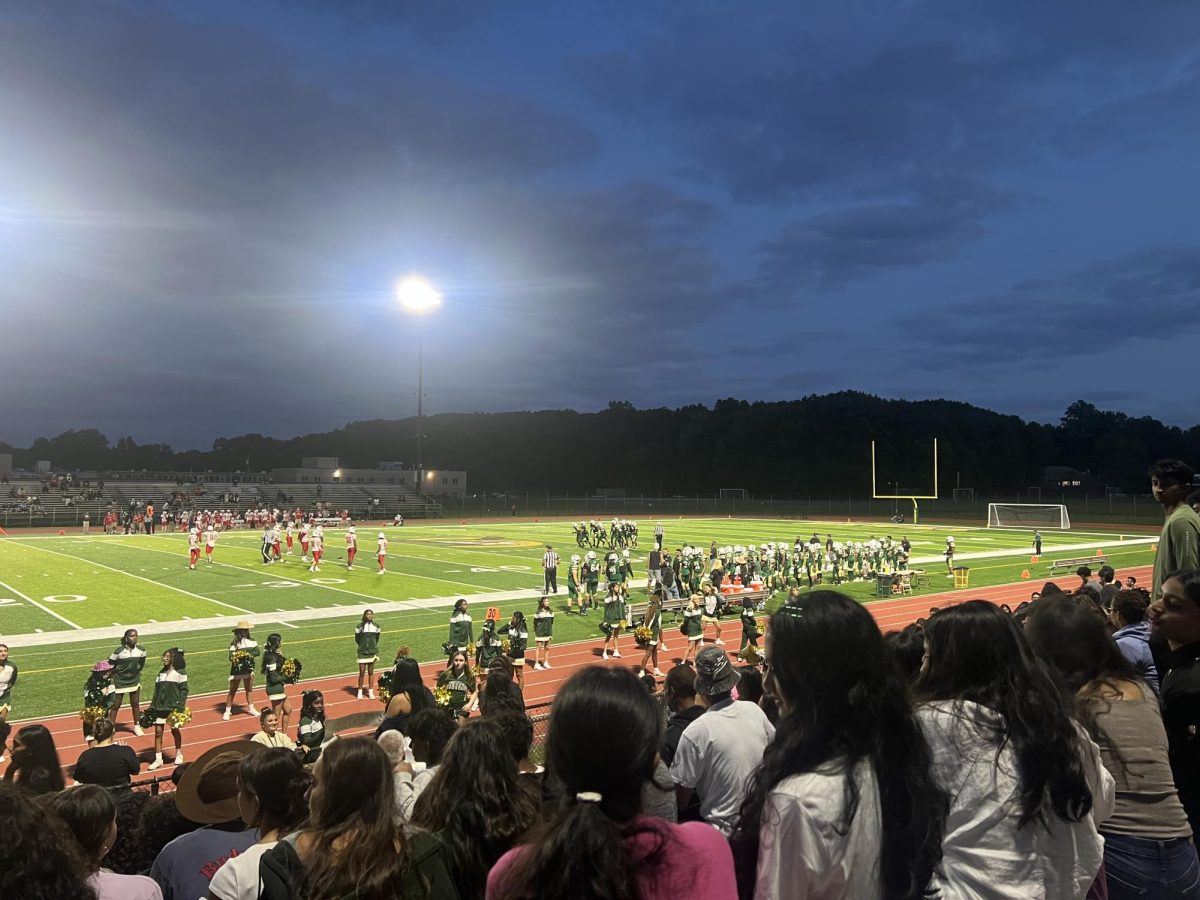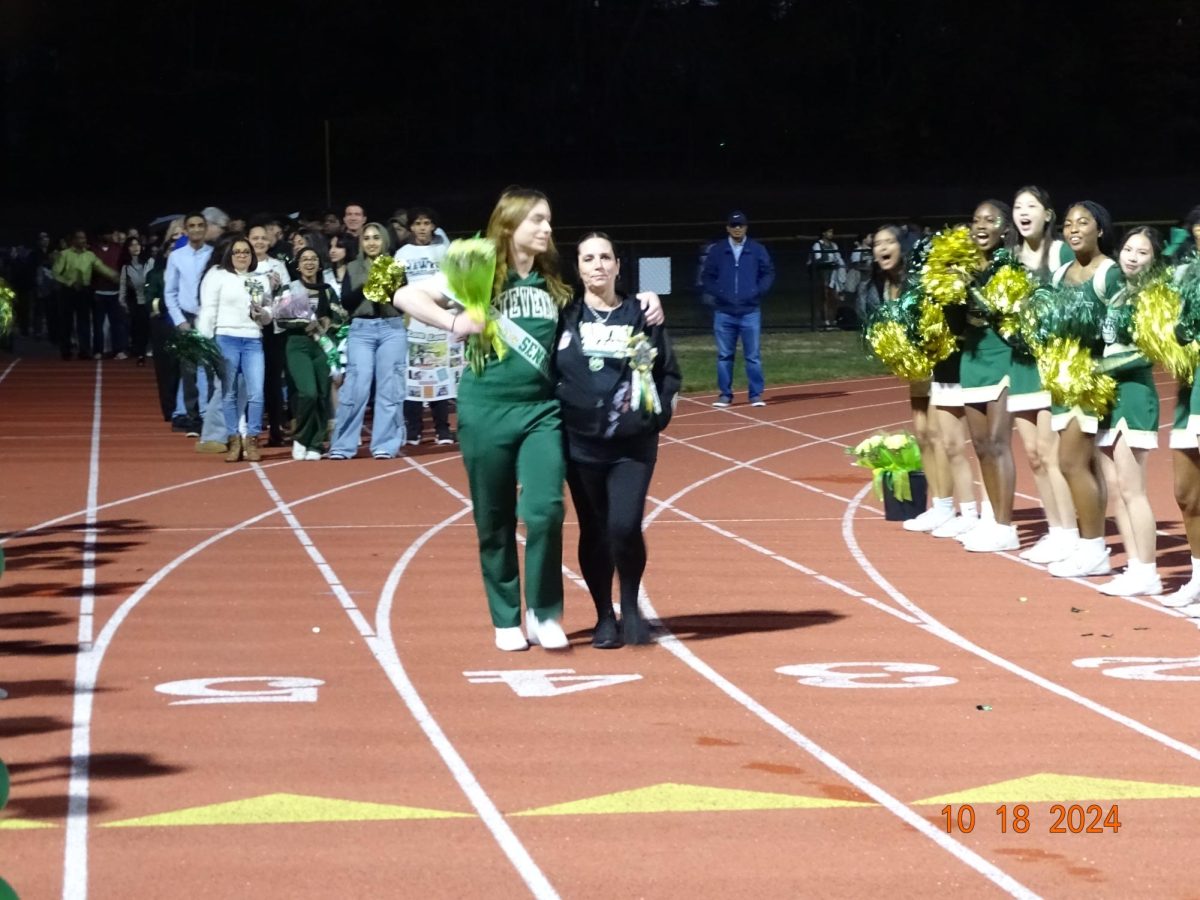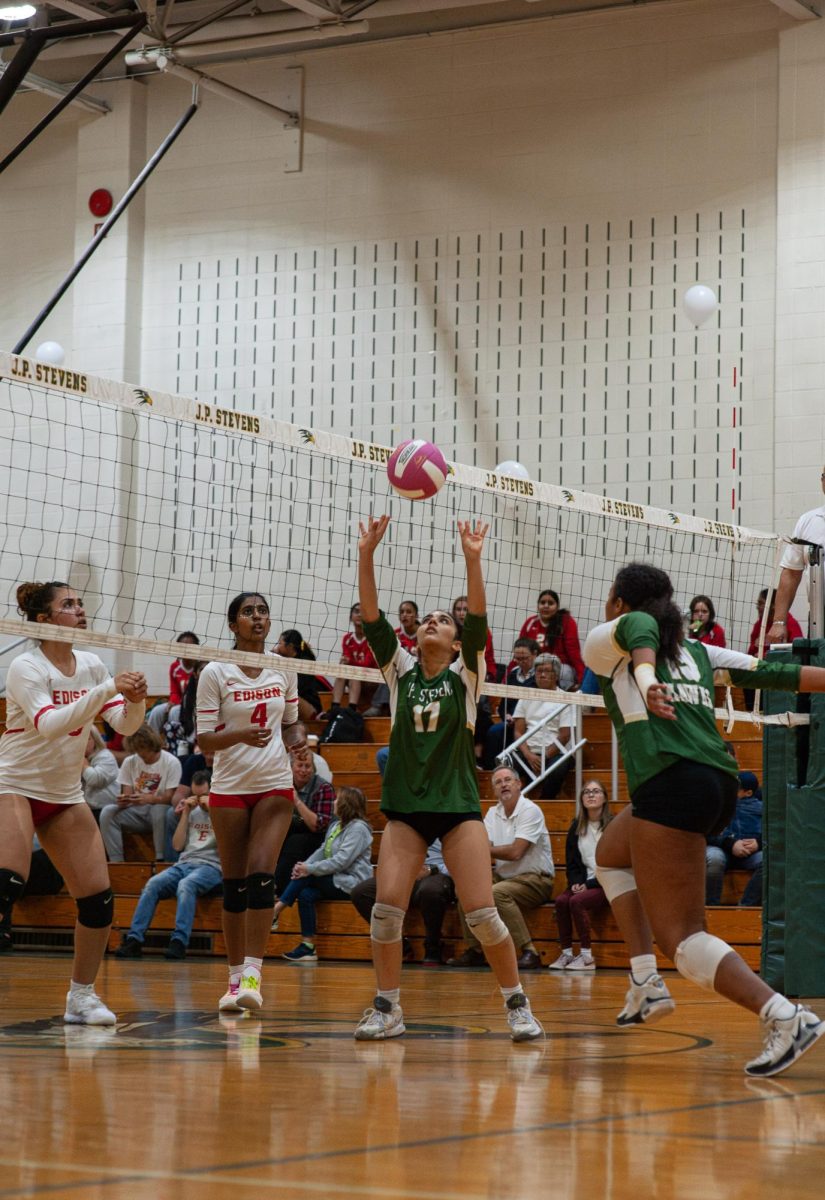America is the land of the free; yet, ironically, an overlooked daily practice directly contradicts the nation’s founding values: the recitation of the Pledge of Allegiance each and every morning in many schools across the United States. Teaching students a bit of respect for their nation is customary, but forcing them to rise every morning and pledge loyalty to a country to a country they might not? Right there, The Pledge of Allegiance becomes a complete violation of freedom. Consequently, no school should force the pledge of allegiance upon their students, since this denies the very essence of America’s struggle to preserve freedom of choice and freedom of speech.
The very requirement of the Pledge of Allegiance in schools is fundamentally in opposition to the First Amendment, which assures the right to free speech and expression. This is a cornerstone of American democracy: the right to speak out and not to be compelled into pledging patriotic beliefs which are contrary to one’s belief. In 1943, in the case of West Virginia State Board of Education v. Barnette, the court ruled that forcing the children to salute the flag and say the pledge was against their constitutional rights. The court stated famously, “no official, high or petty, can prescribe what shall be orthodox in politics, nationalism, religion, or other matters of opinion.” This decision brought into sharp focus that in a truly free society, loyalty can only come from within and can never be compelled by anyone in power. Any idea of being required to speak ideas that one does not believe every day would find those words becoming empty of meaning. If schools make the Pledge mandatory, it would only build up feelings of resentment and a shallow sense of loyalty among students.
On top of the building feelings of dissatisfaction the coercing of the pledge creates, mandating participation would disenfranchise students whose personal or religious views conflict with the sentiments expressed within the Pledge. The situation, where students are pressured to participate in a ritual that conflicts with their personal or religious beliefs, has been further complicated for students of diverse religious persuasions, or none at all, by the addition of the words “under God” during the Cold War era in 1954. More than being disrespectful, forcing students to repeat patriotic beliefs they might not believe in is oppressive: it pressures students into believing what the majority does, thereby taking away their individuality. Those who might oppose this view might say that it is, after all, just one uniting ritual, intended to bring students together under a common national identity. But again, if the purpose of the pledge is to promote freedom and inclusivity, then forcibly compelling participation is contradictory and hypocritical. True patriotism does not come from a script or any remembered verse, but from shared values, understanding, and a commitment to one’s country given as a willing, not coerced, gift.
This true sense of patriotism is taken away when students are made to say the Pledge every day. Instead of deep roots and attachment to the country, making students recite the Pledge does little good, actually giving the wrong impression in students’ minds that by speaking the words, they automatically prove their loyalty and respect. Instead of teaching respect for the country and the sacrifice of all its citizens, obligatory participation in a fashion becomes just a box to check rather than an act. While some still argue that forced Pledge recitations bring about discipline and respect, in reality,respect should be fostered through understanding, discussion, and open dialogue, not by forcing people to act against their own wills. Think about it this way: is it not disrespectful to say something one does not believe in, only because one feels one has to? Forcing true respect and loyalty is in fact better tended to if people participate voluntarily, making sure that those saying the Pledge do so because they want to, because they understand what it stands for, and because they believe in it.
While many suggest that students who opt not to recite the pledge are unpatriotic or disrespectful,, they actually exercise their rights precisely as the Constitution intends by choosing their expression. By encouraging rather than requiring participation, schools can nurture an environment in which students develop an increasingly thoughtful and serious relationship with their country, one born of a far more profound connection to the students’ very ideals and principles. After all, American principles are founded on freedom of choice and expression. Imagine a classroom of students free to exercise choices of their own: some are standing, others are seated, each voluntarily determining for themselves how best to express their patriotism. That would be a truer expression of American values than a room full of students reciting words they’ve been coerced into memorizing.
Whereas some would argue that reciting the Pledge is an important way in which students can demonstrate their patriotism, forcing students to do so impedes on that very freedom which renders America exceptional. A student has the right not to engage in such acts of patriotism through full realization of freedom, individualism, and personal expression the spirits upon which the country was built in support. Schools have the duty to make their environments those that can command respect for the nation but never at the force of a command, for only freely willed loyalty and patriotism can be meaningful.











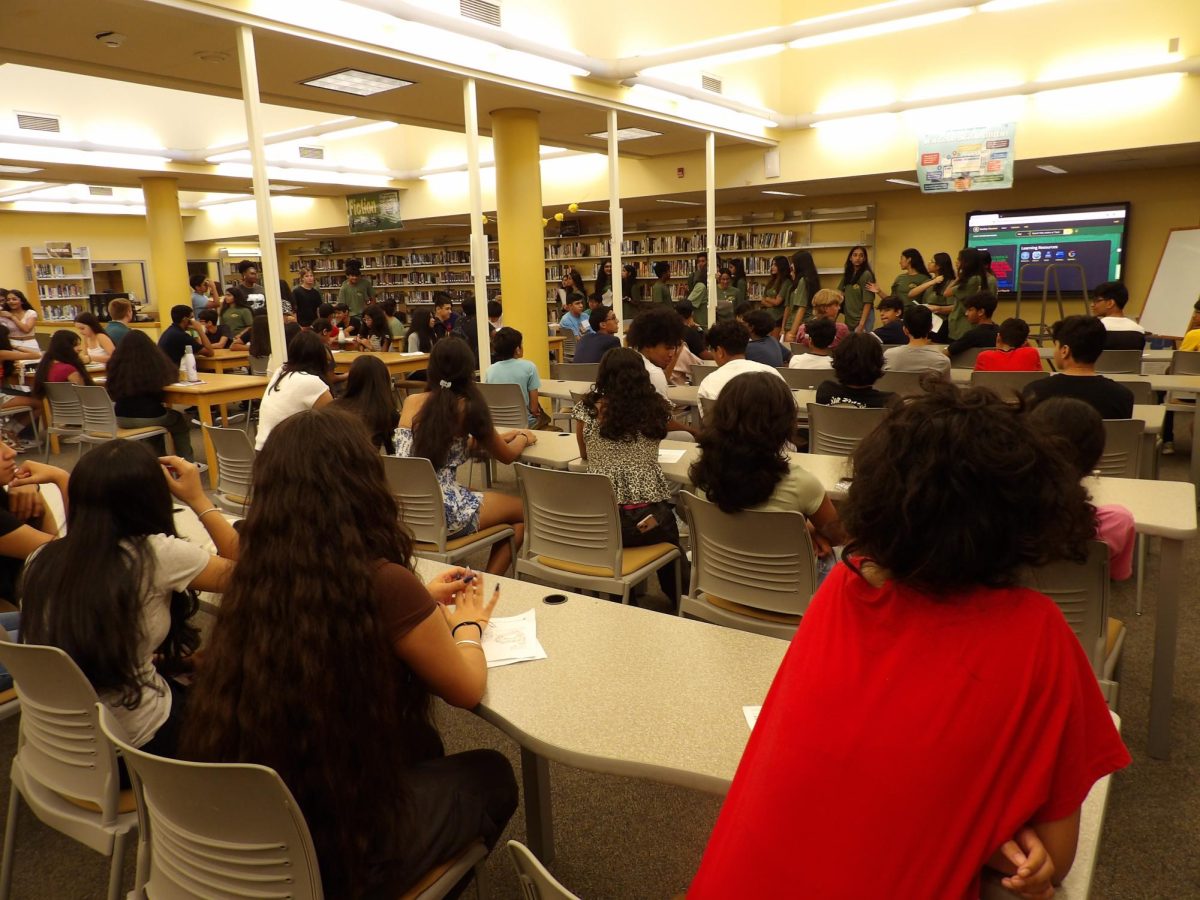
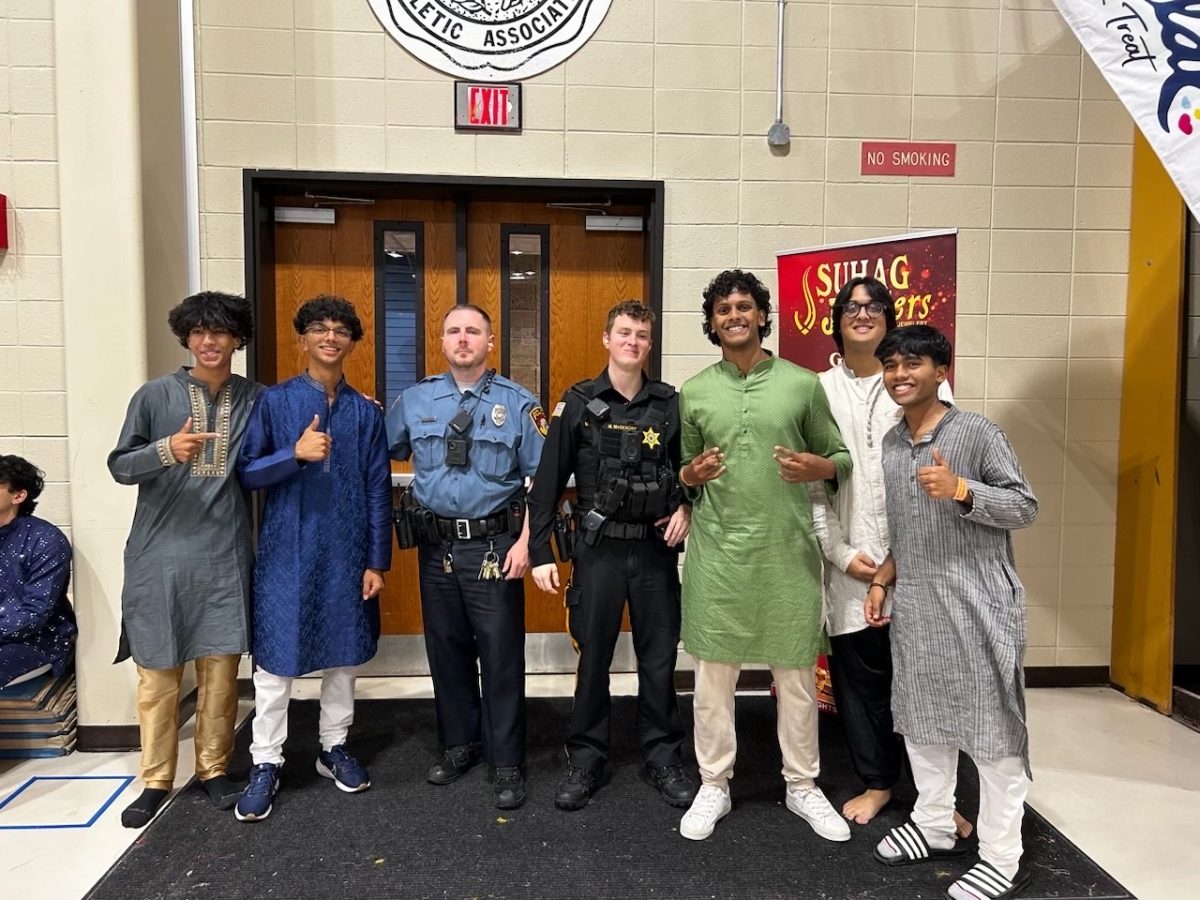
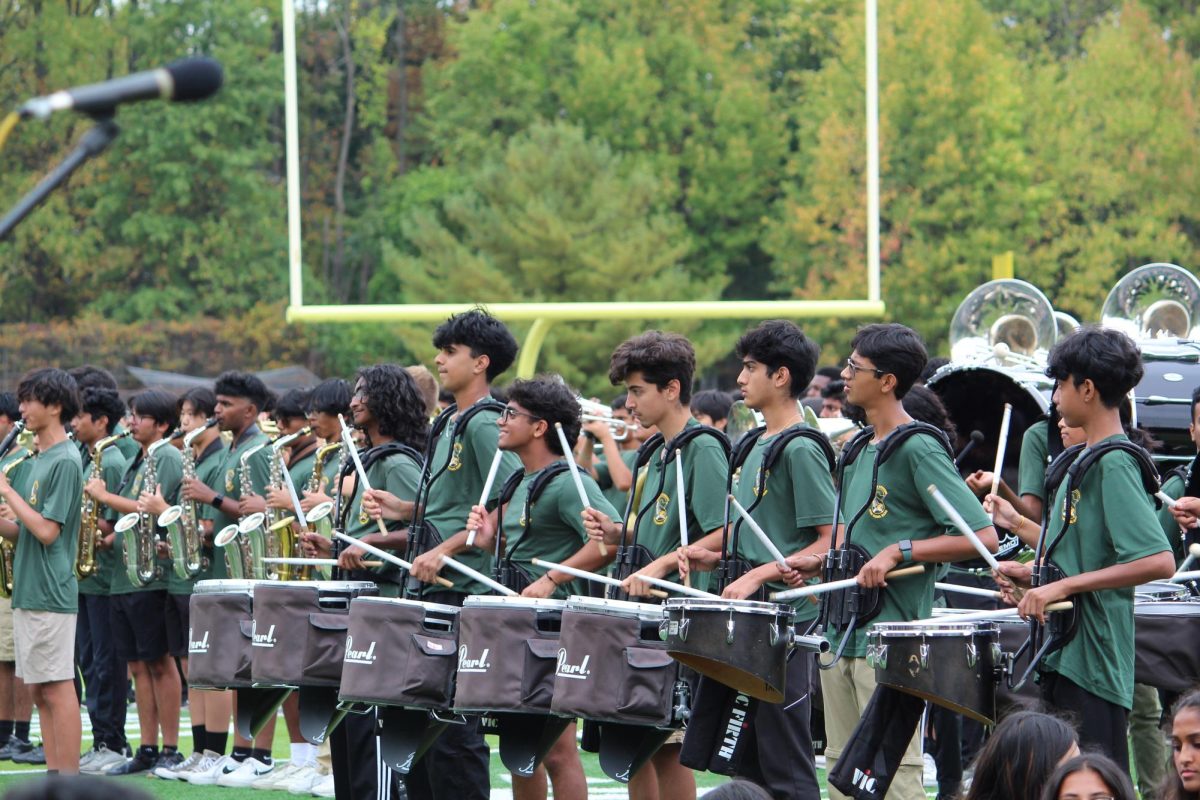








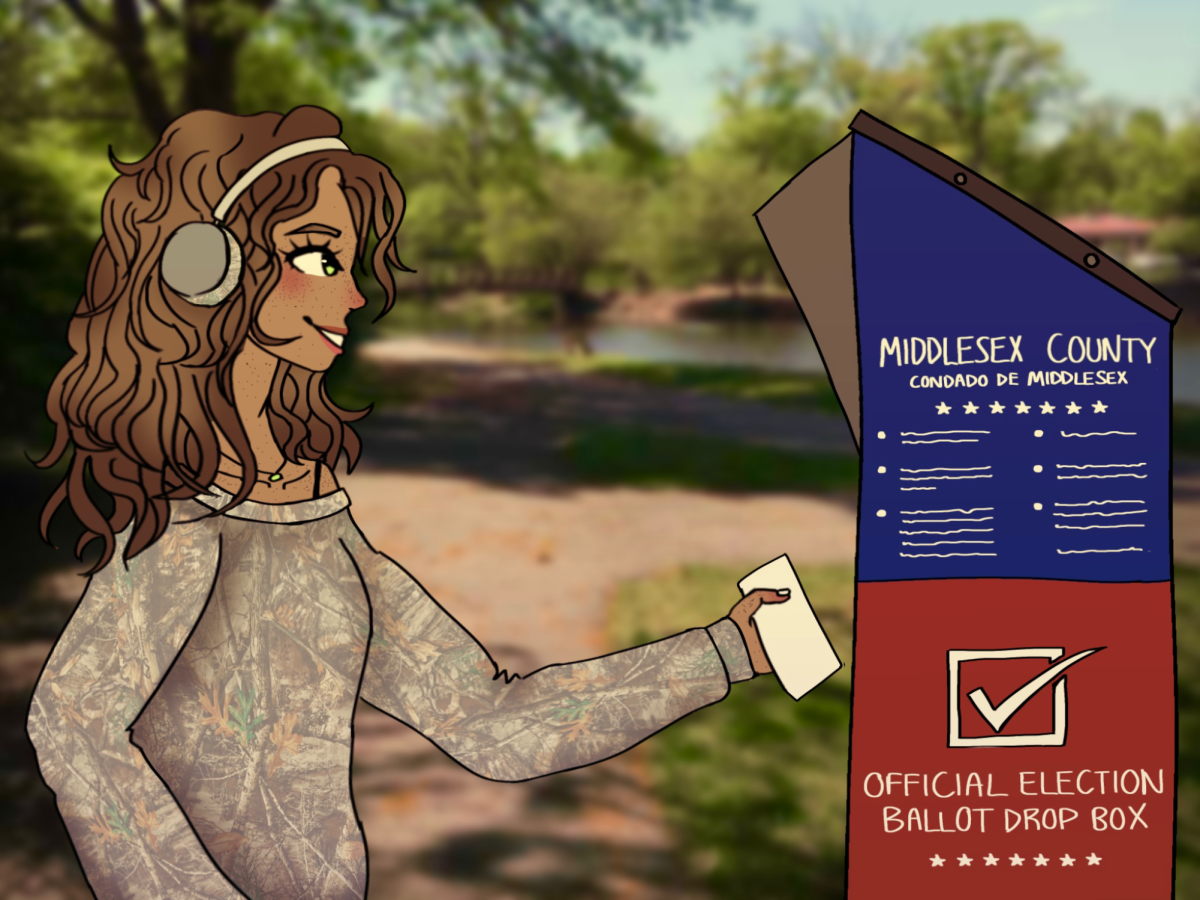

![The Sofia Center (c. 2022)“Love the Rain”[Image]. Miami, Florida.](https://hawkeyejps.com/wp-content/uploads/2024/05/Screenshot-2024-06-06-at-6.34.45-PM.png)
![Leadingham, S. "Objectivity in Journalism: A Fair but Flawed Idea?" [Image]. https://www.freedomforum.org/objectivity-in-journalism/](https://hawkeyejps.com/wp-content/uploads/2024/05/1000x564_column_120423.jpg)
